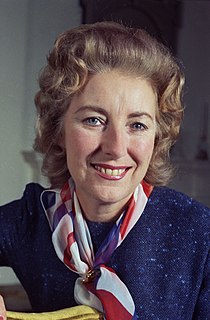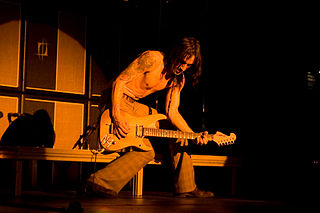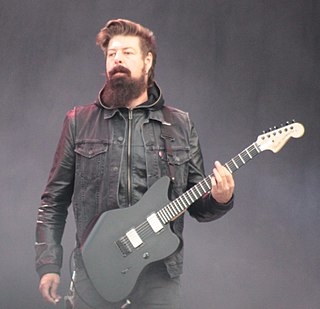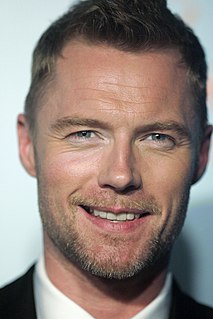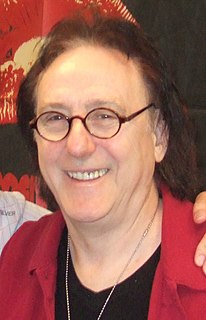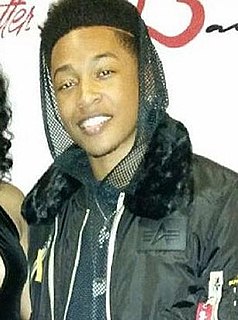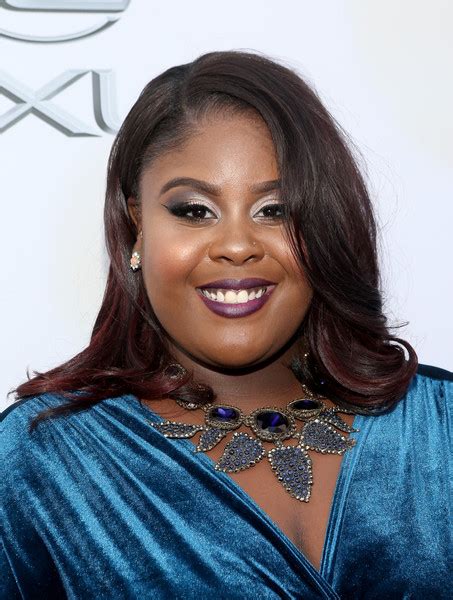A Quote by Vera Lynn
In the mid-1970s, I even decided to make my own country album. I put the idea to my record company, thinking we'd just go into the studio in the U.K. and make a novelty album. But instead, they suggested I go to Nashville. I was flabbergasted. I hadn't expected that at all.
Related Quotes
In my opinion, I would still like to go into a studio - because I love the environment of being in a studio - and record a great album beginning to end, but then maybe not release it as an album. Maybe put singles out there, put songs out there - either give some away or release some the traditional way.
That was an idea of the record company, and also that was my first album after MCA and we wanted to come back with a strong album that would be noticed. If we put the vocals by very talented people and very meaningful songs, then the vocals would be a platform so that I could be noticed again. All of the MCA albums were just loaded with problems -- you know, the right musicians, the engineers. The record company would say 'You have to make music for black radio, you can't do what you have been doing with The Crusaders.' Everybody was telling me that was over, finished, done.
People don't go to the record store anymore. It's crazy. The culture used to be so much stronger. People would go and support you, and go pick up the album. Not just for the music, but for the liner notes, for the artwork, just for the whole thing and to have it, and be able to say, 'I have this album.'
I have to go into the studio to make my second album knowing I'm making an album. When I first started making songs I didn't have an album in mind, that's why a lot of them I like - I'm talking about how I haven't got a deal, how I'm living, you can never really top the first time, but we'll see how it goes.
My contract with mercury PolyGram Nashville was about to expire. And I never had really been happy. The company, the record company, just didn't put any promotion behind me. I think one album, maybe the last one I did, they pressed 500 copies. And I was just disgusted with it. And about that time that I got to feeling that way, Lou Robin, my manager, came to me and talked to me about a man called Rick Rubin that he had been talking to that wanted me to sign with his record company.
